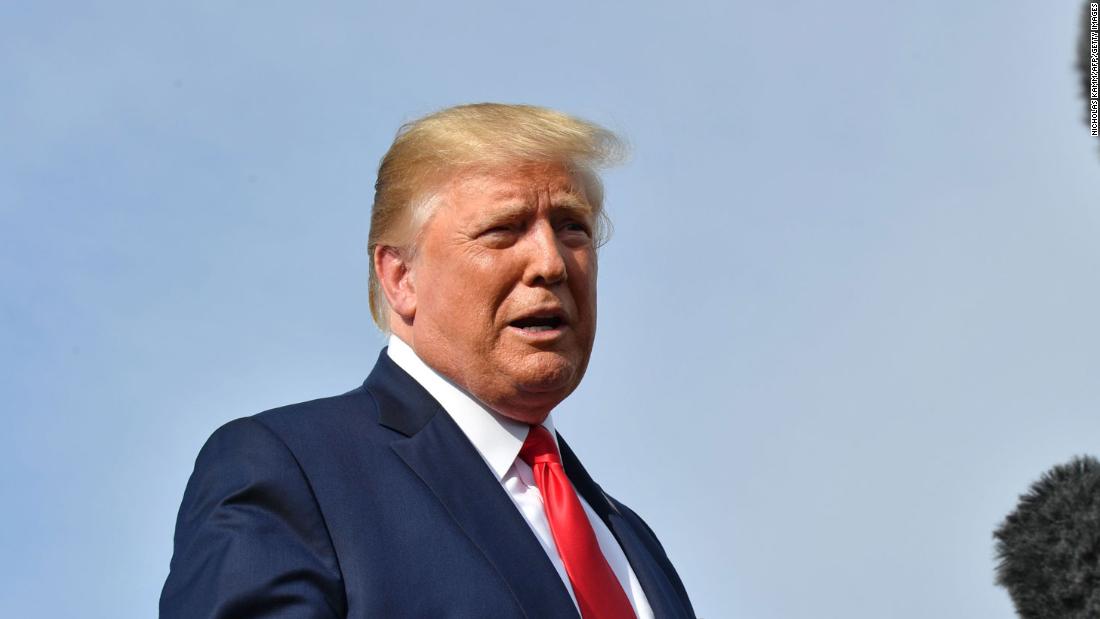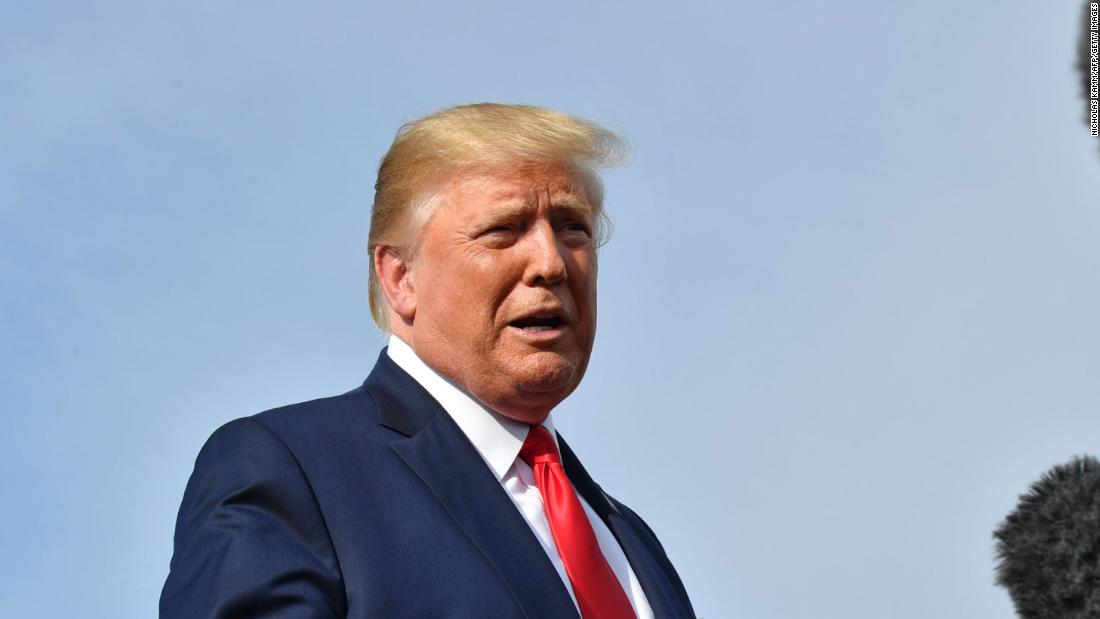
Washington (CNN)President Donald Trump defended his trade strategy on Thursday morning, pushing back on Republican senators who have raised fears about the economic effects of the administration’s escalating trade war with China.
Trump responded to the story in an interview with Fox News Radio on Thursday.
“So what does Pat Toomey want me to do? Does he want me to say let me put my hands up and let China continue to rip us off?” Trump asked. He also said during the interview that talks with China are continuing later Thursday.
“I think they want to make a deal,” Trump said. “I sort of think they have to make a deal.”
Senate Republicans’ anxieties about the real economic effects of Trump’s tariffs and his ongoing trade war are rising — but these fears aren’t new. The key dynamic remains the same, and to some degree afflicts Democrats in Congress as well: Most lawmakers really don’t want to overtly challenge Trump’s trade war, because they agree with the administration’s concerns about unfair Chinese trade practices — especially intellectual property theft and forced technology transfer.
Democratic and Republican lawmakers view China differently than Trump’s other trade fights, such as last year’s broadly-imposed steel and aluminum tariffs and his squabbles with the European Union. Even as the Trump administration prepares to impose new tariffs on goods from China next week, Republicans in the Senate remain unlikely to take any meaningful action to push back on the strategy, via legislation or otherwise.
There will be furrowed brows and concerns raised by those with a more traditional GOP ideological bent on trade, like Toomey and Johnson, but that’s it. There is not tangible movement toward anything else to respond to the administration’s trade war with China right now — and Trump knows it.
Many Republicans find themselves in the same bucket as Florida Sen. Marco Rubio, who is concerned about the economic impact and the broader strategy behind Trump’s trade war, but is not looking to hand a real rebuke to the President as he seeks a deal with China.
“Do I like tariffs as a matter of policy on any given day? No. What other alternatives do you have to rebalance what has now been 30 years of cheating, lying, stealing and unfairness on behalf of the Chinese?” Rubio told reporters at the Capitol on Tuesday.
To demonstrate the party’s thinking, look to Florida’s other senator, Republican Rick Scott. Scott tweeted last week that he had spoken with top Trump economic adviser Larry Kudlow about a proposal to pass a tax cut for middle class Americans that would be proportionate to the amount the Trump administration has collected in tariffs.
“When we get back from recess, we should immediately start working on a plan to reduce taxes for middle-class families and workers by the amount the Treasury is collecting in tariffs,” Scott wrote.
It would be a roundabout way to try to fix the problem, and the argument that tariff revenue would offset the new tax cuts is questionable considering Trump has already spent more in aid to farmers during the trade war than the Treasury Department has collected in tariffs. But Kudlow has confirmed he supports the idea.
It’s not clear if Republicans elsewhere in the White House or on Capitol Hill are taking it seriously. Senate Finance Committee Chairman Chuck Grassley has not discussed the plan with the administration over August recess, a spokesperson told CNN Wednesday. But Scott’s effort shows some GOP lawmakers are looking for ways to boost the economy without directly addressing the cause of some instability: Trump’s trade war.
If Senate Republicans do take action to roll back any of Trump’s trade powers, it would be on an issue separate from China: national security tariffs. Trump used Section 232 of the Trade Expansion Act to impose tariffs on steel and aluminum imports last year, and it is possible he could slap tariffs under the same justification on European automobiles come November.
Grassley has discussed advancing a bill in the Finance Committee to curtail Trump’s authority to wield the national security tariffs, but Senate Republicans have struggled for months to find a compromise between two bipartisan bills introduced by Toomey, the Pennsylvania free-trader, and Portman, who served as US trade representative under President George W. Bush.
In late July, Grassley told CNN he hoped to pass legislation to limit Section 232 authorities after Congress returns from August recess.
“I want to get it up, either by a compromise so I can put down a Chairman’s mark, which I hope would be bipartisan, or else we’re going to have to go through regular order and let something develop and bring out whatever comes out,” Grassley said. “But I promise people we’re going to do something on tariff reform, and we’re going to do something this fall — September or October.”
Read more: https://www.cnn.com/2019/08/29/politics/senate-republicans-trump-china-trade-war/index.html




Recent Comments